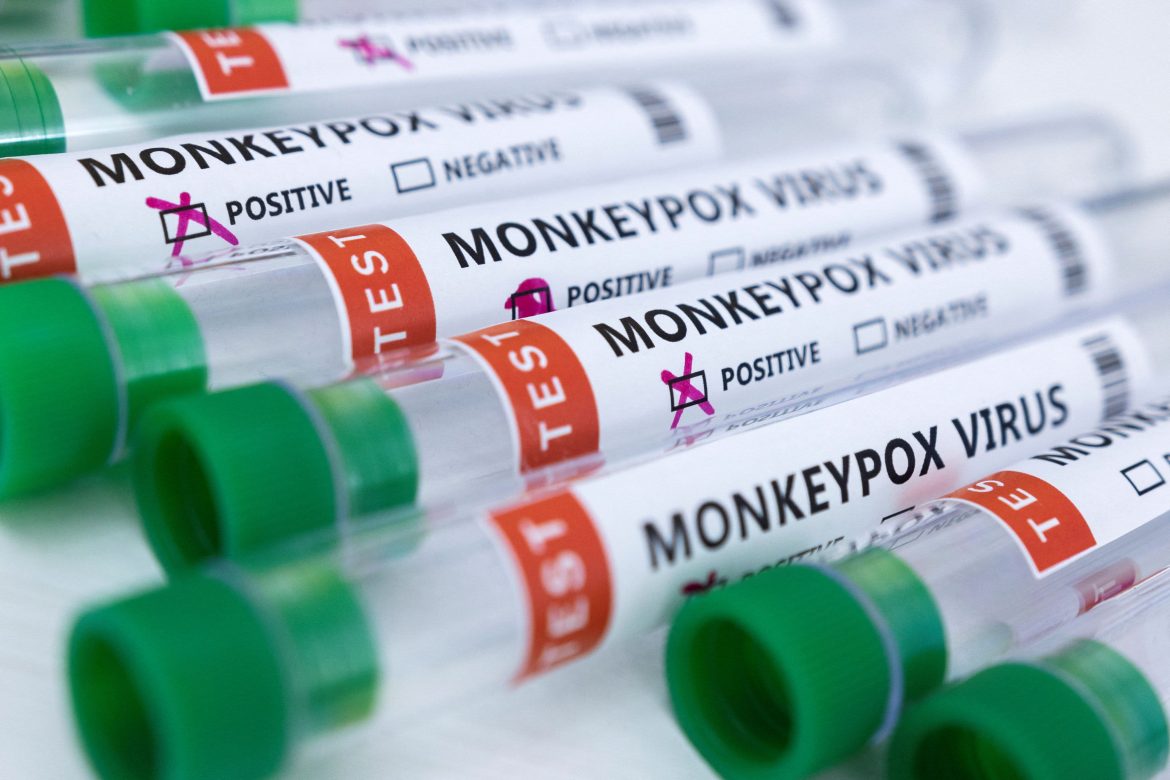In the midst of mounting anxiety over monkeypox, the National Centre for Illness Control (NCDC) stated on Friday that the government is prepared and on high alert for viral disease.
According to NCDC head Dr Sujeet Singh, 15 testing facilities for monkeypox infection testing have been established across the country.
“If any suspected case arrives then we immediately conduct the test. 15 testing labs and our NCDC lab have also started doing the test. Surveillance is also going on. As per the situation, we also modify our strategy and the government is ready and alert,” said Dr Singh.
“We are constantly doing meetings with all top officials of the Union Health Ministry to keep a close check on the overall situation,” he added.
It is worth noting that the Indian Council of Medical Research (ICMR) has isolated the monkeypox virus from a clinical specimen received from a patient at the ICMR-NIV.
Notably, India has documented four instances of monkeypox thus far, three of which are from Kerala and one from Delhi. Following this, the federal government is on high alert, despite the fact that the number of illnesses in some other nations has increased.
Dr V K Paul, NITI Aayog’s member (Health), stated that there is no reason for concern because the government has taken substantial steps to combat the disease.
In an Interview with ANI, Dr Paul sought to assert that there was no need for any undue panic but added that it was still important that the country and the society stay vigilant.
“There is no need to panic, as of now, but one must report in time if they spot any symptoms, he said.
According to World Health Organization (WHO), more than 18,000 cases have been reported from 78 countries.
“The monkeypox outbreak can be stopped if countries, communities and individuals inform themselves, take the risks seriously, and take the steps needed to stop transmission and protect vulnerable groups,” said Dr Tedros, Director General, WHO on Thursday.
Monkeypox is a zoonotic illness caused by the monkeypox virus, which is related to the smallpox virus family. According to the WHO, the illness is endemic in places such as West and Central Africa, although instances have recently been documented from non-endemic nations as well.

